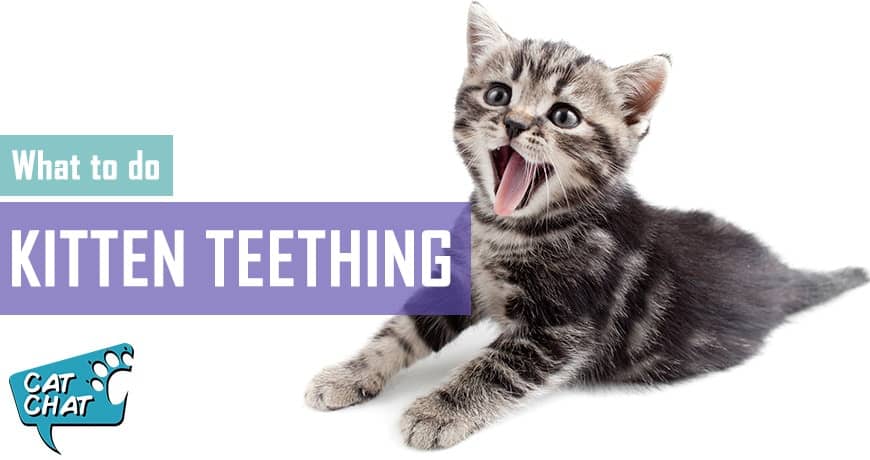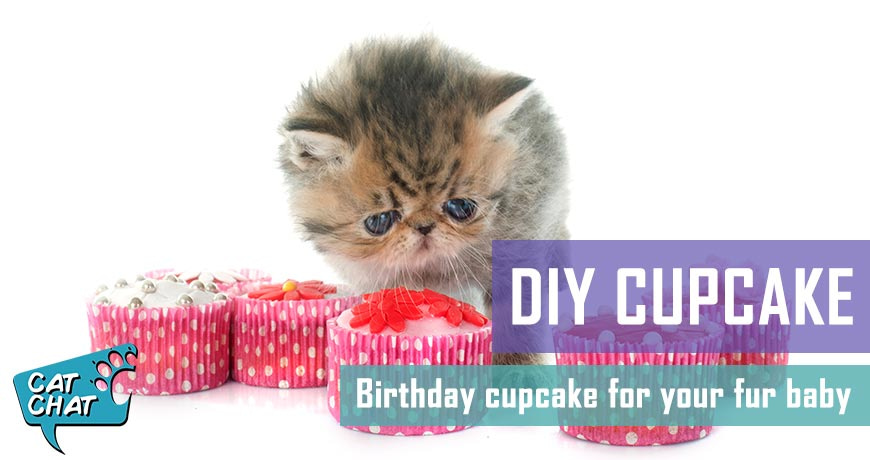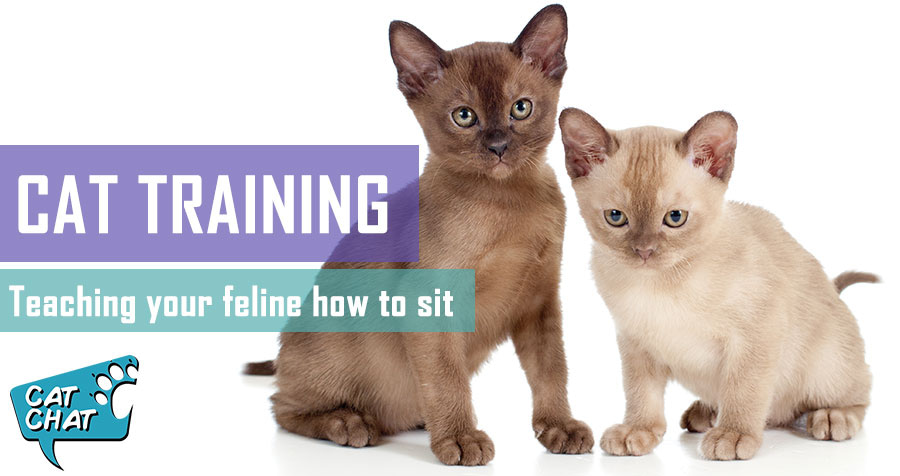Kittens will chew on anything. So, how can you get your tiny cat through his terrible and painful teething times?
As your kitten’s teeth start growing, his mouth can be very sore and sensitive. The loose baby teeth can become very irritable and cause discomfort, which can cause your kitten to not play and eat as he usually would. Be considerate of your kitten’s sore little mouth. Don’t play too roughly with the toys he wants to bite.
If you intend to brush your kitten’s teeth, avoid doing so till his teething is over. You don’t want your kitten to associate brushing teeth with pain. Feed your kitten soft food that doesn’t hurt when chewing or crunching and consider buying a teething ring that’s made especially for kittens.
Just like young children, kittens also lose their teeth; they just do it a lot earlier. Kittens start to lose their teeth from nine weeks old, and their adult teeth are fully grown at just five to six months of age. During this time, however, you should expect your kitten to bite and chew on your fingers and toes. Don’t take it personally – he’s not being naughty; he’s just trying to ease the discomfort in his mouth.
This is the perfect time to teach your kitten to stop chewing on things he shouldn’t. Here are a few tips to help you stop your kitten from biting.
1. Give your kitten a toy
Chewing toys are not only for dogs. Many toys are specially made for your kitten and even older cats. Kittens love playing with toys and this play appropriately triggers their instinct. Playing catch or attack with their toys is not only fun for them, but for you too. There are also various toys to help them with teething: some can be chilled to ease tender gums; there are also firmer chews that will exercise the jaw muscles, as well as nylon-based teething toys.
2. Play, play, play
Boy-oh-boy, playing with a kitten is super fun! Keep a toy nearby that you know your kitten enjoys. This will also stop him from attacking and chewing on you. The interactive play will help your kitten to work off all that extra energy and help to develop his strength and balance.
Try and play at least twice a day for 10 – 15 minutes, or even longer! A teasing toy like a wand is ideal and this will also help to strengthen the bond between you and your kitten.
3. Hands-off
When petting your kitten, and even during playtime, it’s important to keep your hands away from his mouth. Do not use your fingers and hands as a toy. Better yet, why not train your dog to hold the cat’s toy – just make sure they don’t play too ‘ruff’ for your baby cat’s mouth.
4. “Ow!” and down
Sometimes kittens and cats can really get into a game while playing and hurt you unintentionally. When this happens say “Ow!” in a high-pitched tone, but don’t overdo it. When cats are playing together, it’s instinctive for the victim to utter a high-pitch tone and for the aggressor to back off. Your kitten should then be put on the floor. This will teach him that biting or playing rough has consequences and that play and petting time is over.
5. When to see your vet
Sometimes a baby tooth remains in place even when the permanent tooth comes in beside it. This happens most often with the canine teeth. If it remains for more than a week, your veterinarian may have to extract it. Otherwise, it can cause crowding of the other teeth and it can even be painful. It’s always a good idea to have your vet check out your young cat’s teeth between six and eight months of age, or at the time of spaying or neutering. This is to ensure all the teeth are there as they should be.
6. Be prepared
Getting a kitten is probably one of the most joyful moments in life. They are so small, dependent and beautiful to look at. But it’s best to be prepared. Always keep appropriate chewing toys at hand, no matter where you are. When you notice that your kitten is in the mood to chew on something, just pass a chewing toy and say “Here, chew this!”
It is very important that you lovingly reinforce the message and be consistent. Your kitten will eventually understand that only certain things are appropriate for chewing and biting. If you start with the behavioural training now, you’ll set a standard and have no problems in the future.







